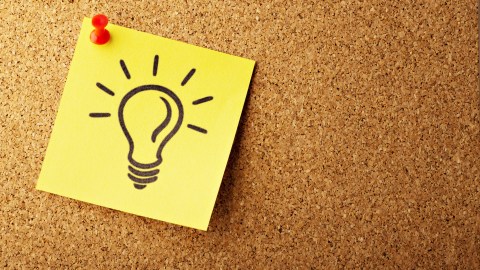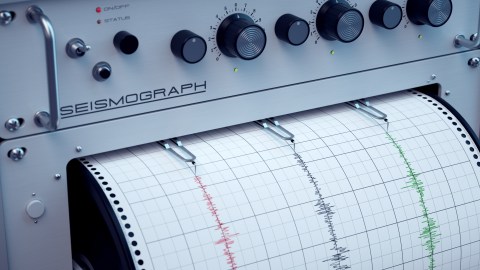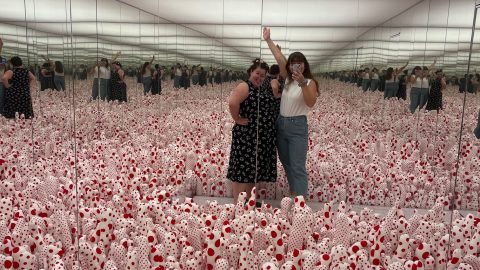One of the themes I explore in TrendsWatch 2016 is the blurring boundaries between ability, disability and augmented ability. We are experiencing a surge in “assistive technology” that can compensate for physical impairments more powerfully and less intrusively than ever before. That assistance can sometimes result in physical or sensory abilities that exceed those of average humans, and may be adopted as augmentative technology by people who are not considered disabled to begin with.
The biological, cultural and legal implications of augmentive technology are beginning to rock at least one global icon–the Olympics. Oscar Pistorius, a double amputee running on carbon fibre blades, fought for and won his right to compete in the “regular” games, rather than the Paralympics. DNA sequencing is helping us understand the genetic underpinnings of the natural advantages held by some elite athletes, and now CRISP-CAS9 holds the promise of precise genetic editing that might confer those advantages on others. In a future of pervasive enhancement–mechanical or genetic–will we see yet another edition of the Olympics, one for “augmented athletes?”
OK, the augmented Olympics may still lie in the distant future, but what did I see in my newsfeed this week? An announcement about the world’s first Cyborg Olympics (main event: the “Cybathlon”). These games aren’t for competitors made super-strong or super-fast by augmentative tech–the athletes are disabled people who use electronic prosthetics to complete daily tasks that the able-bodied take for granted: climbing stairs, opening jars, navigating uneven terrain. There’s even an event in which competitors use neural interfaces to control video games.
Why am I blogging about this topic for a museum audience? As I point out in TrendsWatch, augmentive tech is one more force disrupting our entrenched tendency to label people and consign them to manageable buckets. Now social movements, in some cases fueled by technology (the power of social media, if nothing else) are challenging us to accept that many of the traits we use to label people–ability, gender, sexual orientation, race–exist as continuums, not dichotomies. And that realization, in turn, forces us to question the social structures and built environments we create that perpetuate and validate these artificial categories. And by “we”–yes, I mean museums, too.
Your futurist Friday assignment, watch this trailer [< 2 min] for the Cyborg Olympics, and then take a walk through your museum, (be sure to make a pitstop at the restrooms) and notice what the design implicitly presumes to be “normal” visitor. Then think of one thing you might do to broaden that definition just a little bit–it might be as simple as changing the wording on a sign, repositioning the height of a label or changing the lighting in a hallway. Anything you do could be one small step to a better, more inclusive world.
Futurist Friday: Coming this Fall, the First Cyborg Olympics
Category:
Center for the Future of Museums Blog
Posted on








